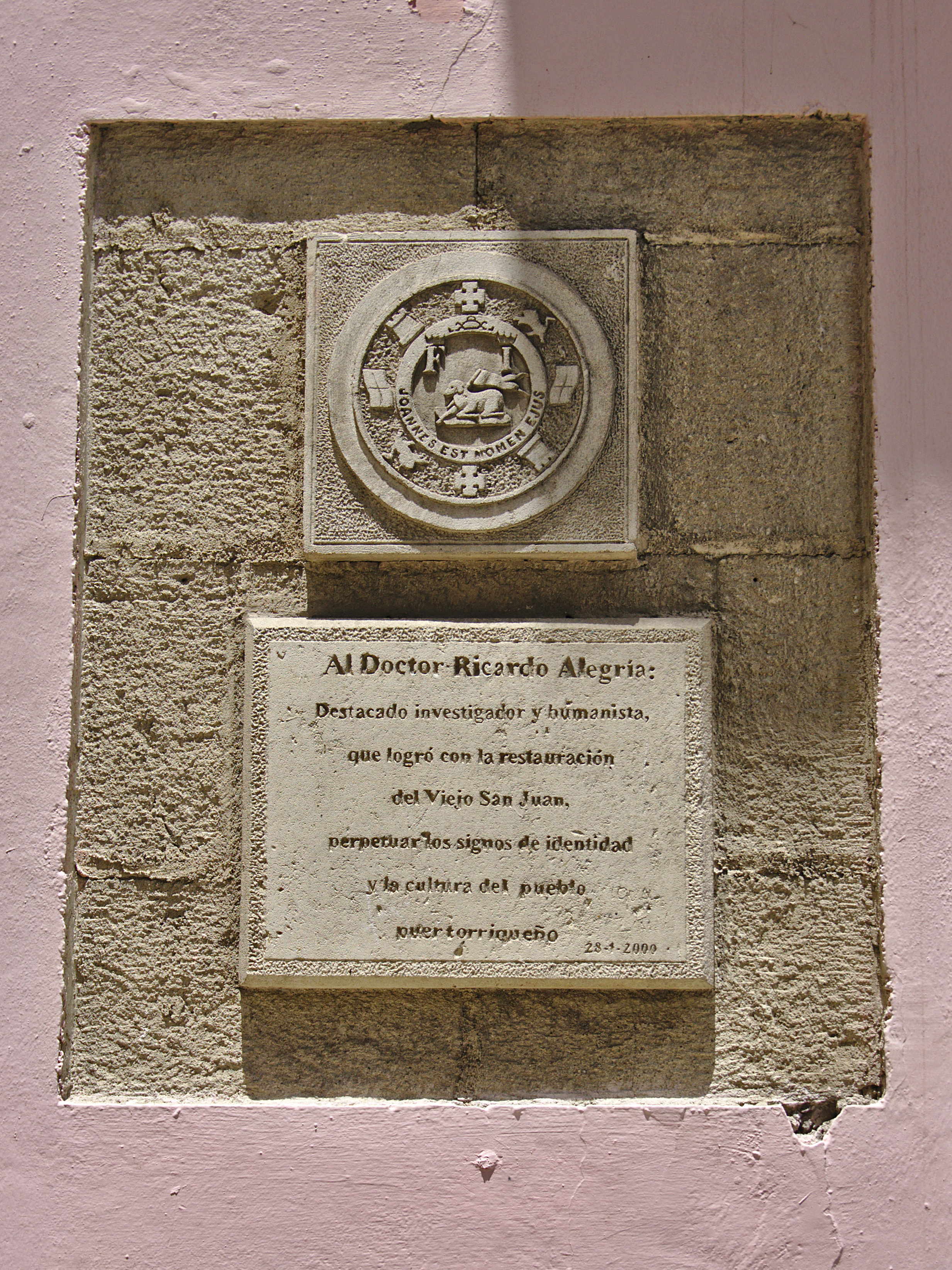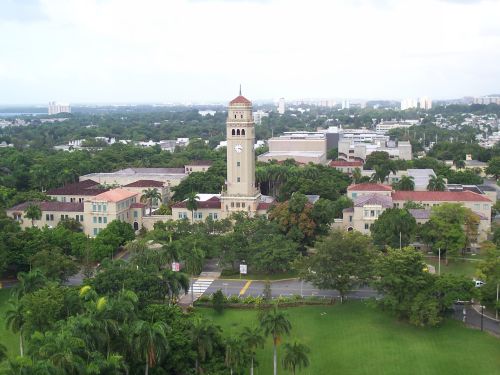|
Independence Association Of Puerto Rico
The Independence Association of Puerto Rico (Asociación Independentista) was a political organization whose members favored Puerto Rican independence and which played an important role in the formation of the Puerto Rican Nationalist Party. History In 1920, Dr. Leopoldo Figueroa became disillusioned with the Union Party of Puerto Rico's leadership and together with José S. Alegría (father of Ricardo Alegría) and Eugenio Font Suárez co-founded the Independence Association (Asociación Independentista). José Coll y Cuchí, who belonged to the Union Party of Puerto Rico, felt that the Union Party was not doing enough for the cause of Puerto Rican independence and together with his followers quit the party and founded the Nationalist Association of Puerto Rico (Asociación Nacionalista de Puerto Rico) in San Juan in 1919. El Nue ... [...More Info...] [...Related Items...] OR: [Wikipedia] [Google] [Baidu] |
Leopoldo Figueroa
Leopoldo Figueroa (September 21, 1887 – October 15, 1969) a.k.a. "The deacon of the Puerto Rican Legislature", was a Puerto Rican politician, journalist, medical doctor and lawyer. Figueroa, who began his political career as an advocate of Puerto Rican Independence, was the co-founder of the "Independence Association", one of three political organizations which merged to form the Puerto Rican Nationalist Party. Figueroa, had changed political ideals and in 1948, was a member of the ''Partido Estadista Puertorriqueño'' (Puerto Rican Statehood Party). That year, he was the only member of the Puerto Rico House of Representatives who did not belong to the ''Partido Popular Democrático'' ( PPD), and the only Representative to oppose the PPD's approval of what became known as the ''Ley de la Mordaza'' ( Gag Law), which violated the civil rights of those who favored Puerto Rican Independence. On December 22, 2006, the Puerto Rican Legislature approved a law declaring every September 2 ... [...More Info...] [...Related Items...] OR: [Wikipedia] [Google] [Baidu] |
Union Of Puerto Rico
The Union of Puerto Rico ( es, Unión de Puerto Rico, UPR), also known as the Unionist PartyBolivar Pagan. ''Historia de los Partidos Políticos Puertorriqueños (1898-1956).'' San Juan, Puerto Rico: Litografía Real Hermanos, Inc. 1959. Tomo I. p. 114. (Spanish: ''Partido Unionista,'' PU), was a major political party in Puerto Rico in the early 20th century. The Union of Puerto Rico was known as the dominant political party of the island from 1904 to 1932. UPR founder Luis Muñoz Rivera also founded La Democracia, which effectively acted as the UPR publication. On 19 February 1904, the Union of Puerto Rico party became the first mass party to advocate for independence for Puerto Rico in the form of a sovereign nation. Founding Union of Puerto Rico was founded in February 1902 by Luis Muñoz Rivera, Rosendo Matienzo Cintrón, Antonio R. Barceló, José de Diego, Juan Vías Ochoteco and others after the disbanding of the Federal Party following the party's withdrawal in the electi ... [...More Info...] [...Related Items...] OR: [Wikipedia] [Google] [Baidu] |
José S
José is a predominantly Spanish and Portuguese form of the given name Joseph. While spelled alike, this name is pronounced differently in each language: Spanish ; Portuguese (or ). In French, the name ''José'', pronounced , is an old vernacular form of Joseph, which is also in current usage as a given name. José is also commonly used as part of masculine name composites, such as José Manuel, José Maria or Antonio José, and also in female name composites like Maria José or Marie-José. The feminine written form is ''Josée'' as in French. In Netherlandic Dutch, however, ''José'' is a feminine given name and is pronounced ; it may occur as part of name composites like Marie-José or as a feminine first name in its own right; it can also be short for the name ''Josina'' and even a Dutch hypocorism of the name ''Johanna''. In England, Jose is originally a Romano-Celtic surname, and people with this family name can usually be found in, or traced to, the English county of C ... [...More Info...] [...Related Items...] OR: [Wikipedia] [Google] [Baidu] |
Ricardo Alegría
Ricardo E. Alegría Gallardo (April 14, 1921 – July 7, 2011) was a Puerto Rican scholar, cultural anthropologist and archaeologist known as the "father of modern Puerto Rican archaeology". Early years Alegría was born in San Juan, Puerto Rico where he received his primary and secondary education. His father, José S. Alegría, was a former vice president and founding member of the Puerto Rican Nationalist Party. It was Alegría's father who instilled in him a sense of love and pride for Puerto Rico, its history, and culture. In 1941 at the University of Puerto Rico, together with Yamil Galib, Alegría founded a new fraternity, Alpha Beta Chi. In 1942, Alegría earned his Bachelor of Science degree in archeology from the University of Puerto Rico. He continued his academic education in the University of Chicago where in 1947 he earned his master's in Anthropology and History. In 1954, Alegría earned his Ph.D (doctorate) in Anthropology from Harvard University. Legacy and d ... [...More Info...] [...Related Items...] OR: [Wikipedia] [Google] [Baidu] |
José Coll Y Cuchí
José Coll y Cuchí (January 12, 1877 – July 2, 1960) was a lawyer, writer and the founder of the Puerto Rican Nationalist Party. He was a member of a Puerto Rican family of politicians, educators and writers.See: "Notable family members" section Early years Coll y Cuchí was born in Arecibo, Puerto Rico. His father was Cayetano Coll y Toste, a historian who in 1913 was named the "Official Historian of Puerto Rico" and his mother Adela, was the daughter of José Cuchí y Arnau former mayor of Arecibo. His family sent him to private schools for his primary and secondary education. El Nuevo Dia In 1896, Coll y Cuchí's family sent him to Spain where he earned his degree in law from the |
San Juan, Puerto Rico
San Juan (, , ; Spanish for "Saint John") is the capital city and most populous municipality in the Commonwealth of Puerto Rico, an unincorporated territory of the United States. As of the 2020 census, it is the 57th-largest city under the jurisdiction of the United States, with a population of 342,259. San Juan was founded by Spanish colonists in 1521, who called it Ciudad de Puerto Rico ("City of Puerto Rico", Spanish for ''rich port city''). Puerto Rico's capital is the third oldest European-established capital city in the Americas, after Santo Domingo, in the Dominican Republic, founded in 1496, and Panama City, in Panama, founded in 1521, and is the oldest European-established city under United States sovereignty. Several historical buildings are located in San Juan; among the most notable are the city's former defensive forts, Fort San Felipe del Morro and Fort San Cristóbal, and La Fortaleza, the oldest executive mansion in continuous use in the Americas. Today, Sa ... [...More Info...] [...Related Items...] OR: [Wikipedia] [Google] [Baidu] |
University Of Puerto Rico
The University of Puerto Rico ( es, Universidad de Puerto Rico, UPR) is the main public university system in the U.S. Commonwealth of Puerto Rico. It is a government-owned corporation with 11 campuses and approximately 58,000 students and 5,300 faculty members. UPR has the largest and most diverse academic offerings in the commonwealth, with 472 academic programs of which 32 lead to a doctorate. History In 1900, at Fajardo, the ''Escuela Normal Industrial'' (normal school) was established as the first higher education center in Puerto Rico Puerto Rico (; abbreviated PR; tnq, Boriken, ''Borinquen''), officially the Commonwealth of Puerto Rico ( es, link=yes, Estado Libre Asociado de Puerto Rico, lit=Free Associated State of Puerto Rico), is a Caribbean island and Unincorporated .... Its initial enrollment was 20 students and 5 professors. The following year it was moved to Río Piedras. On March 12, 1903, the legislature authorized founding of the University of Puerto ... [...More Info...] [...Related Items...] OR: [Wikipedia] [Google] [Baidu] |
Puerto Rican Nationalist Party
The Nationalist Party of Puerto Rico ( es, Partido Nacionalista de Puerto Rico, PNPR) is a Puerto Rican political party founded on September 17, 1922, in San Juan, Puerto Rico. Its primary goal is to work for Puerto Rico's independence. The Party's selection in 1930 of Pedro Albizu Campos as its president brought a radical change to the organization and its tactics. In the 1930s, intimidation, repression and persecution of Party members by the government, then headed by a U.S. president-appointed governor, led to the assassination of two government officials, the attempted assassination of a federal judge in Puerto Rico, and the Rio Piedras and Ponce massacres. Under the leadership of Albizu Campos, the party abandoned the electoral process in favor of direct armed conflict as means to gain independence from the United States. By the late 1940s, a more US-friendly party, the ''Partido Popular Democrático'' ( PPD), had gained an overwhelming number of seats in the legislatu ... [...More Info...] [...Related Items...] OR: [Wikipedia] [Google] [Baidu] |
Defunct Political Parties In Puerto Rico
{{Disambiguation ...
Defunct (no longer in use or active) may refer to: * ''Defunct'' (video game), 2014 * Zombie process or defunct process, in Unix-like operating systems See also * * :Former entities * End-of-life product * Obsolescence Obsolescence is the state of being which occurs when an object, service, or practice is no longer maintained or required even though it may still be in good working order. It usually happens when something that is more efficient or less risky r ... [...More Info...] [...Related Items...] OR: [Wikipedia] [Google] [Baidu] |


